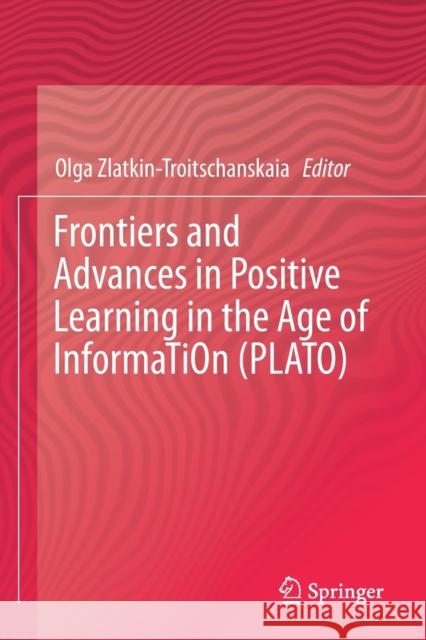Frontiers and Advances in Positive Learning in the Age of Information (Plato) » książka
topmenu
Frontiers and Advances in Positive Learning in the Age of Information (Plato)
ISBN-13: 9783030265809 / Angielski / Miękka / 2021 / 323 str.
Frontiers and Advances in Positive Learning in the Age of Information (Plato)
ISBN-13: 9783030265809 / Angielski / Miękka / 2021 / 323 str.
cena 402,53
(netto: 383,36 VAT: 5%)
Najniższa cena z 30 dni: 385,52
(netto: 383,36 VAT: 5%)
Najniższa cena z 30 dni: 385,52
Termin realizacji zamówienia:
ok. 16-18 dni roboczych.
ok. 16-18 dni roboczych.
Darmowa dostawa!
Kategorie:
Kategorie BISAC:
Wydawca:
Springer
Język:
Angielski
ISBN-13:
9783030265809
Rok wydania:
2021
Wydanie:
2019
Ilość stron:
323
Waga:
0.47 kg
Wymiary:
23.39 x 15.6 x 1.78
Oprawa:
Miękka
Wolumenów:
01
Dodatkowe informacje:
Wydanie ilustrowane











